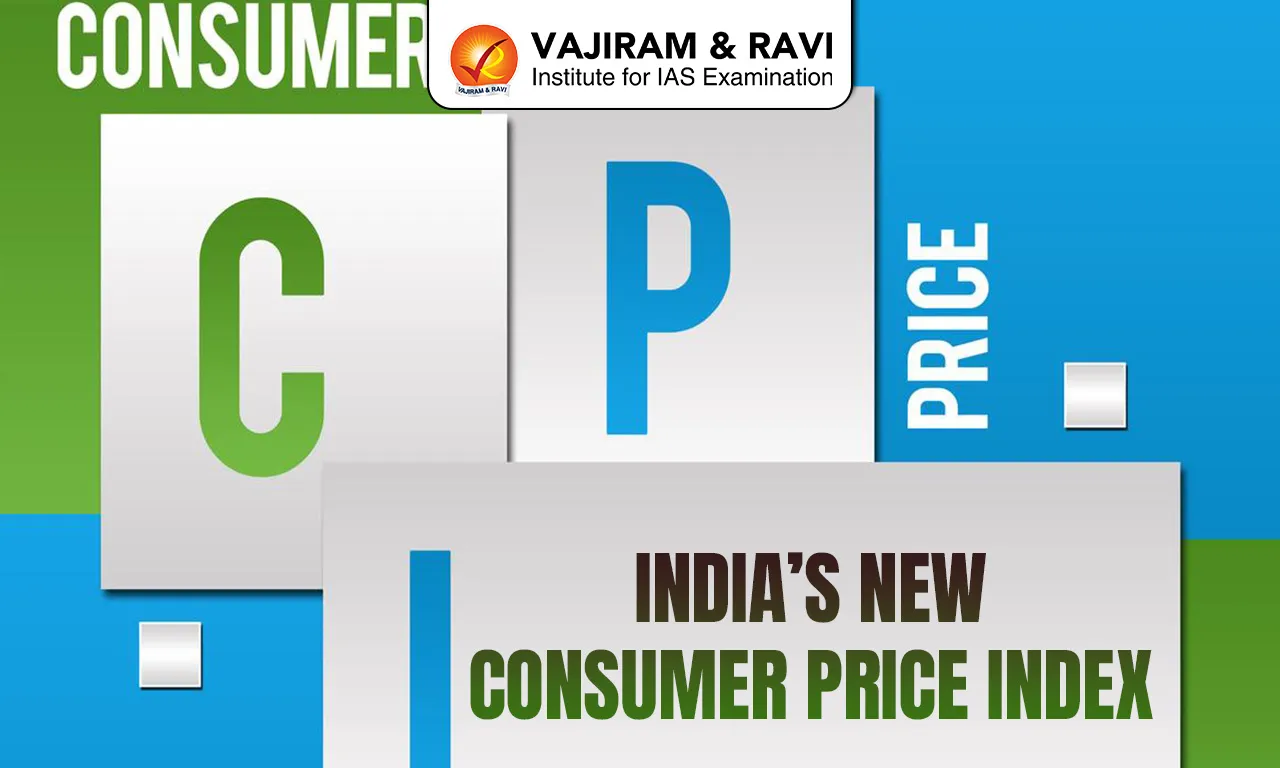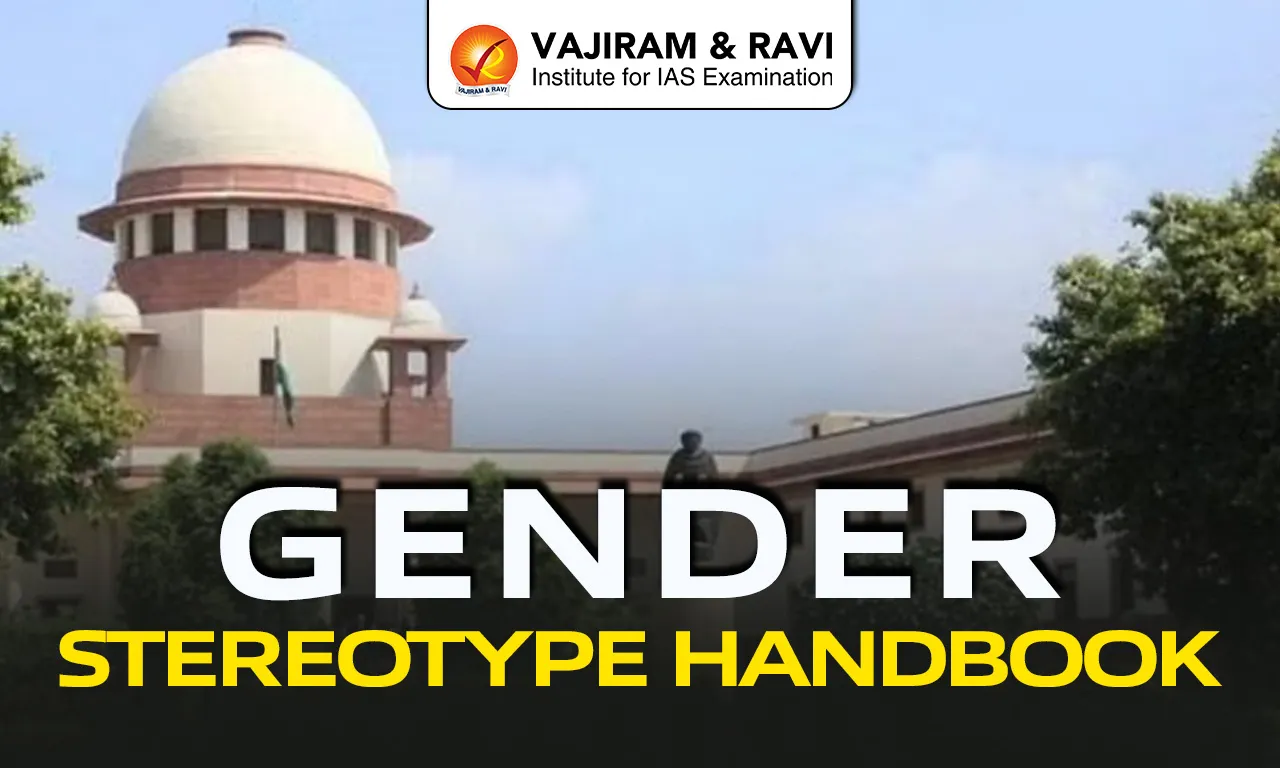What’s in today’s article?
- Why in News?
- What is the Most Favoured Nation (MFN)?
- Background of the India-Switzerland Tax Treaty
- Implications of the Suspension of the MFN Clause
- Conclusion
Why in News?
- Switzerland has announced the suspension of the Most-Favoured-Nation (MFN) clause under the Double Taxation Avoidance Agreement (DTAA) with India, effective January 1, 2025.
- This move could lead to higher tax burdens for Indian companies operating in Switzerland and Swiss investors in India, potentially impacting bilateral investments.
What is the Most Favoured Nation (MFN)?
- Meaning:
- An MFN clause mandates a country that provides a trade concession to one trading partner to extend the same treatment to all trading partners.
- It is a founding principle of the World Trade Organisation (WTO). For example, if a WTO member country reduces a tariff on a product for one trading partner, it must also extend that same tariff reduction to all other WTO members.
- Purpose: MFN aims to replace power-based policies with a rules-based framework, where trading rights are not dependent on a country’s economic or political clout.
- Pros and Cons of MFN:
- Exemptions: The WTO provides the following exemptions from MFN provisions –
- When members strike bilateral trade agreements or when members offer developing countries special access to their markets.
- Trade blocs like the European Union (EU), are allowed to discriminate against imports from outside the bloc.
- Trade barriers in response to unfair competition, etc.
- WTO members can impose any trade measures they want on countries that are not members of the WTO (Iran, North Korea, Syria, Belarus, etc).
- Removal of MFN status:
- There is no formal procedure for suspending MFN treatment and it is unclear whether members must notify the WTO if they do so.
- For example, India revoked Pakistan’s MFN status following the Pulwama attack in 2019. Pakistan has never granted India MFN status.
Background of the India-Switzerland Tax Treaty:
- Original agreement: The DTAA between India and Switzerland was signed in 1994 and amended in 2010 to prevent double taxation of income.
- Supreme Court ruling:
- In 2023, the Indian SC ruled that the DTAA’s provisions require explicit notification under the Income-Tax Act to be enforceable.
- This overturned a Delhi High Court decision that protected entities from double taxation.
- The court ruled that a country can claim DTAA benefits only from the treaty’s date of enforcement, not retroactively.
- Though companies like Nestlé and Concentrix argued for reduced withholding tax rates under OECD-member treaties, the ruling rejected automatic applicability.
- Reason for suspension of the MFN clause:
- The Swiss government cited a lack of reciprocity as the basis for suspending the MFN clause.
- Swiss authorities stated that they could not apply reduced tax rates unilaterally without mutual agreement from India.
Implications of the Suspension of the MFN Clause:
- Higher tax rates:
- Dividends paid after January 1, 2025, will be taxed at a higher rate of 10% in the source state.
- This affects Swiss companies like Nestlé and challenges India’s attractiveness as an investment destination.
- On European Free Trade Association (EFTA): Switzerland’s suspension poses risks to the $100 billion investment commitment under the EFTA-India trade pact, signed in March 2024.
- EFTA is an intergovernmental grouping of Iceland, Liechtenstein, Norway and Switzerland.
- On bilateral treaty dynamics:
- The decision underscores evolving international tax frameworks and India’s stricter treaty interpretations.
- Indian entities operating in Switzerland may face higher tax liabilities/ increased financial burdens, reflecting broader global taxation trends.
Conclusion:
- Switzerland’s suspension of the MFN clause marks a significant shift in India-Switzerland tax treaty relations.
- While aimed at addressing reciprocity concerns, the move could deter Swiss investments in India and complicate tax compliance for Indian entities.
- The development emphasises the importance of mutual agreement and clarity in international tax treaties to ensure stability and fairness in cross-border trade and investment.
Q.1. What is the EFTA-India trade pact?
India-European Free Trade Association signed a Trade and Economic Partnership Agreement (TEPA) today i.e. on 10th March 2024. For the first time in history of FTAs, binding commitment of $100 bn investment and 1 million direct jobs in the next 15 years has been given.
Q.2. What is a Double Taxation Avoidance Agreement (DTAA)?
DTAA is an international treaty between two or more countries designed to prevent the same Income from being taxed twice. India, for instance, has such agreements with 85 countries, benefiting individuals who reside in one country but earn Income in another.
News: Nestlé judgment fallout: Switzerland suspends Most-Favoured-Nation clause in tax avoidance pact with India, could impact $100 billion investment commitment under EFTA deal | HT
Last updated on February, 2026
→ UPSC Notification 2026 is now out on the official website at upsconline.nic.in.
→ UPSC IFoS Notification 2026 is now out on the official website at upsconline.nic.in.
→ UPSC Calendar 2026 has been released.
→ Check out the latest UPSC Syllabus 2026 here.
→ Join Vajiram & Ravi’s Interview Guidance Programme for expert help to crack your final UPSC stage.
→ UPSC Mains Result 2025 is now out.
→ UPSC Prelims 2026 will be conducted on 24th May, 2026 & UPSC Mains 2026 will be conducted on 21st August 2026.
→ The UPSC Selection Process is of 3 stages-Prelims, Mains and Interview.
→ Prepare effectively with Vajiram & Ravi’s UPSC Prelims Test Series 2026 featuring full-length mock tests, detailed solutions, and performance analysis.
→ Enroll in Vajiram & Ravi’s UPSC Mains Test Series 2026 for structured answer writing practice, expert evaluation, and exam-oriented feedback.
→ Join Vajiram & Ravi’s Best UPSC Mentorship Program for personalized guidance, strategy planning, and one-to-one support from experienced mentors.
→ UPSC Result 2024 is released with latest UPSC Marksheet 2024. Check Now!
→ UPSC Toppers List 2024 is released now. Shakti Dubey is UPSC AIR 1 2024 Topper.
→ Also check Best UPSC Coaching in India





















